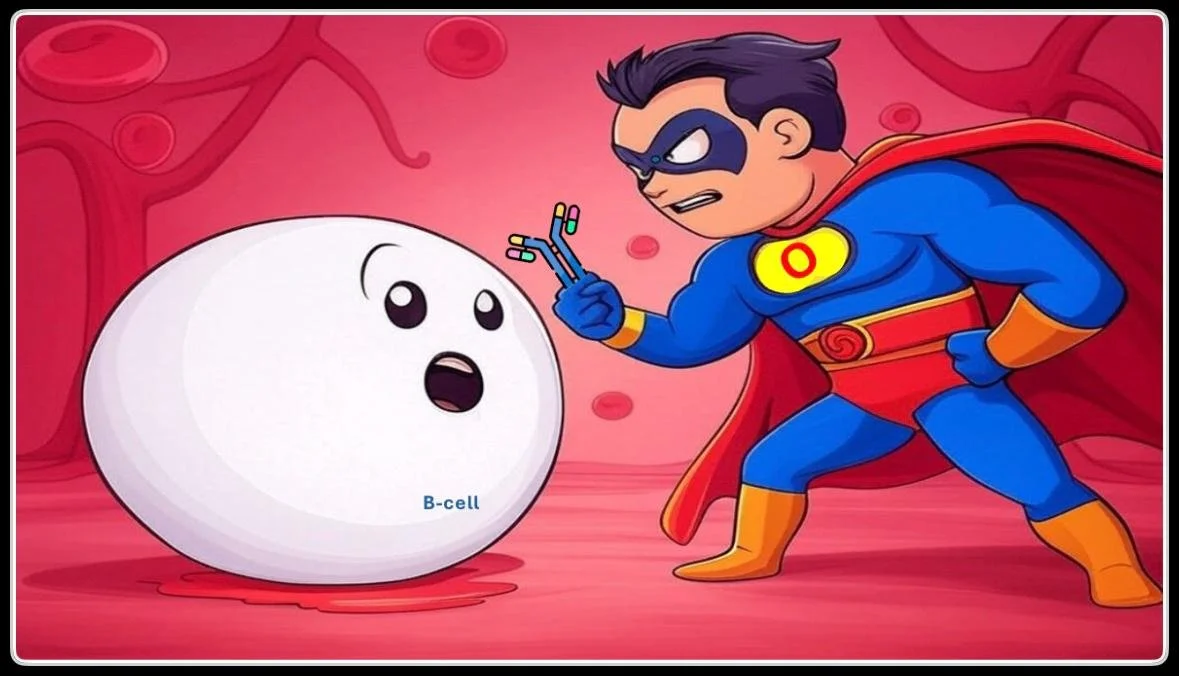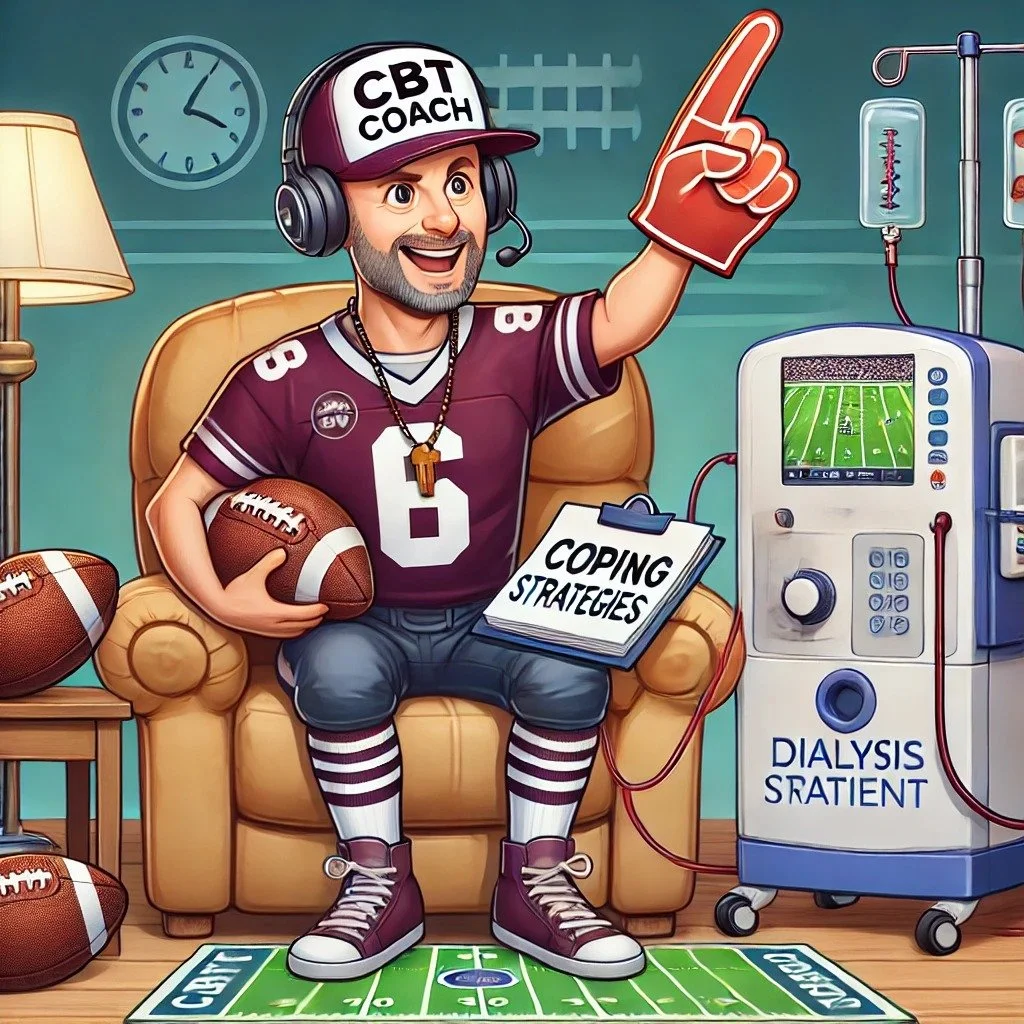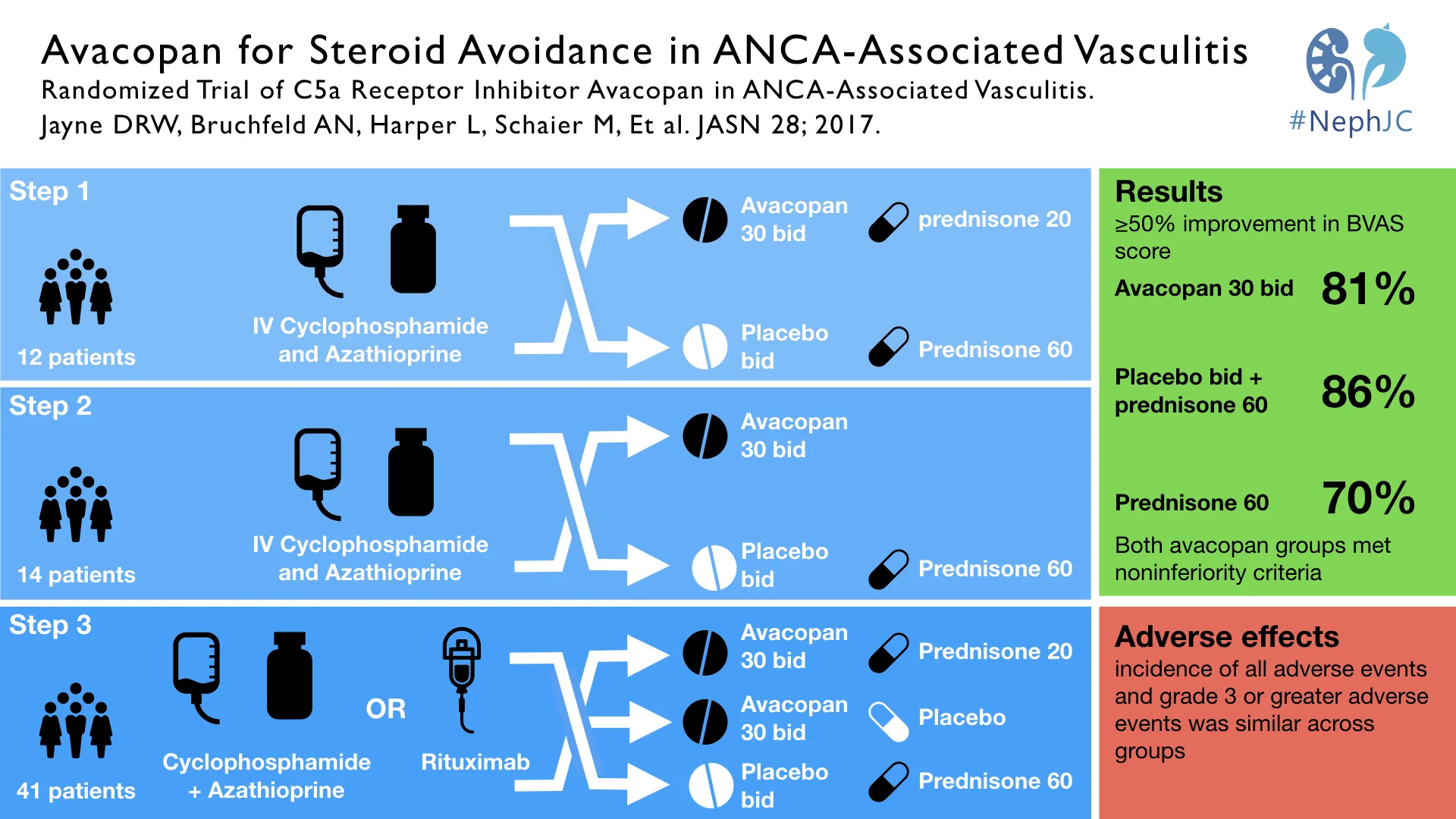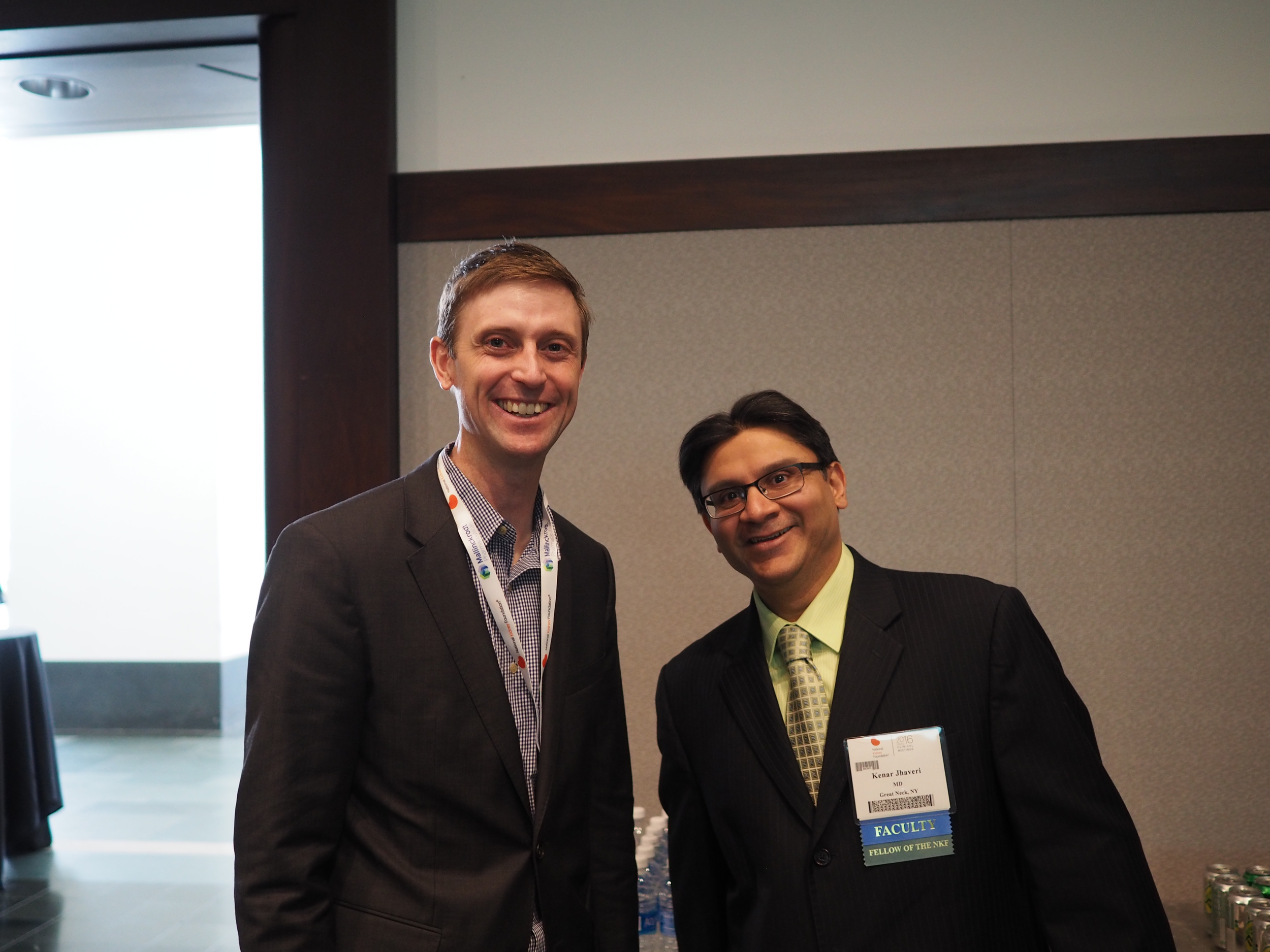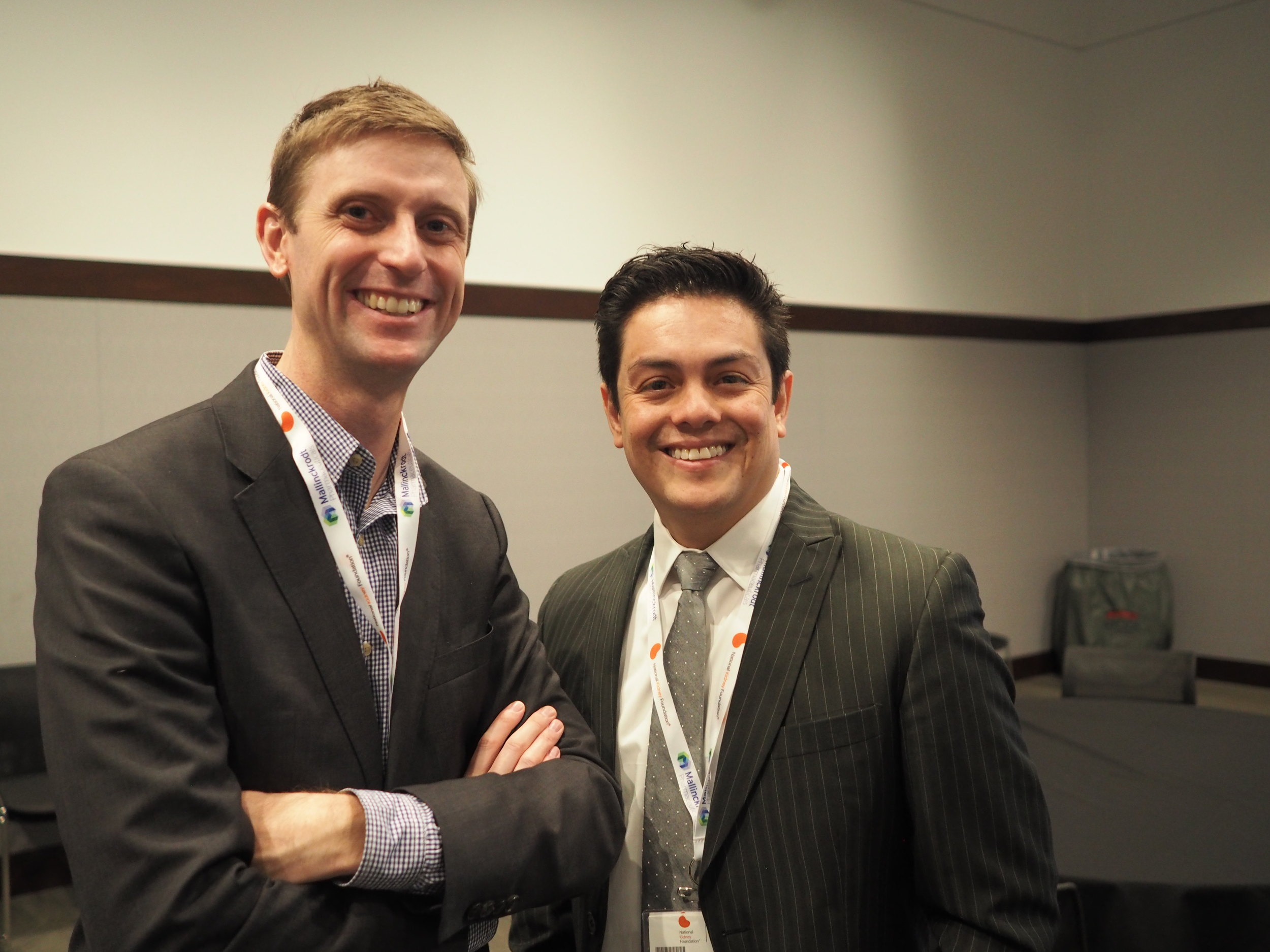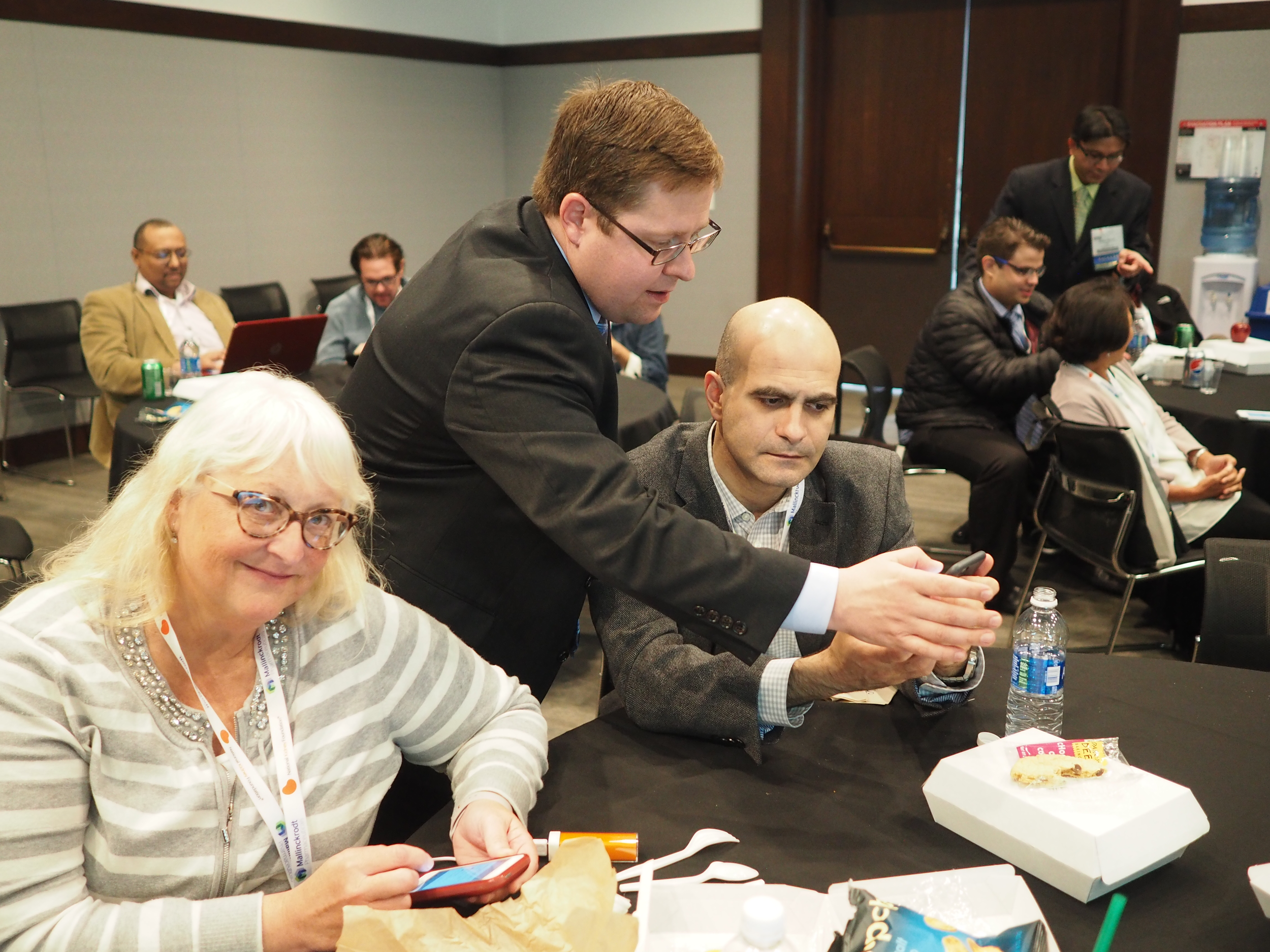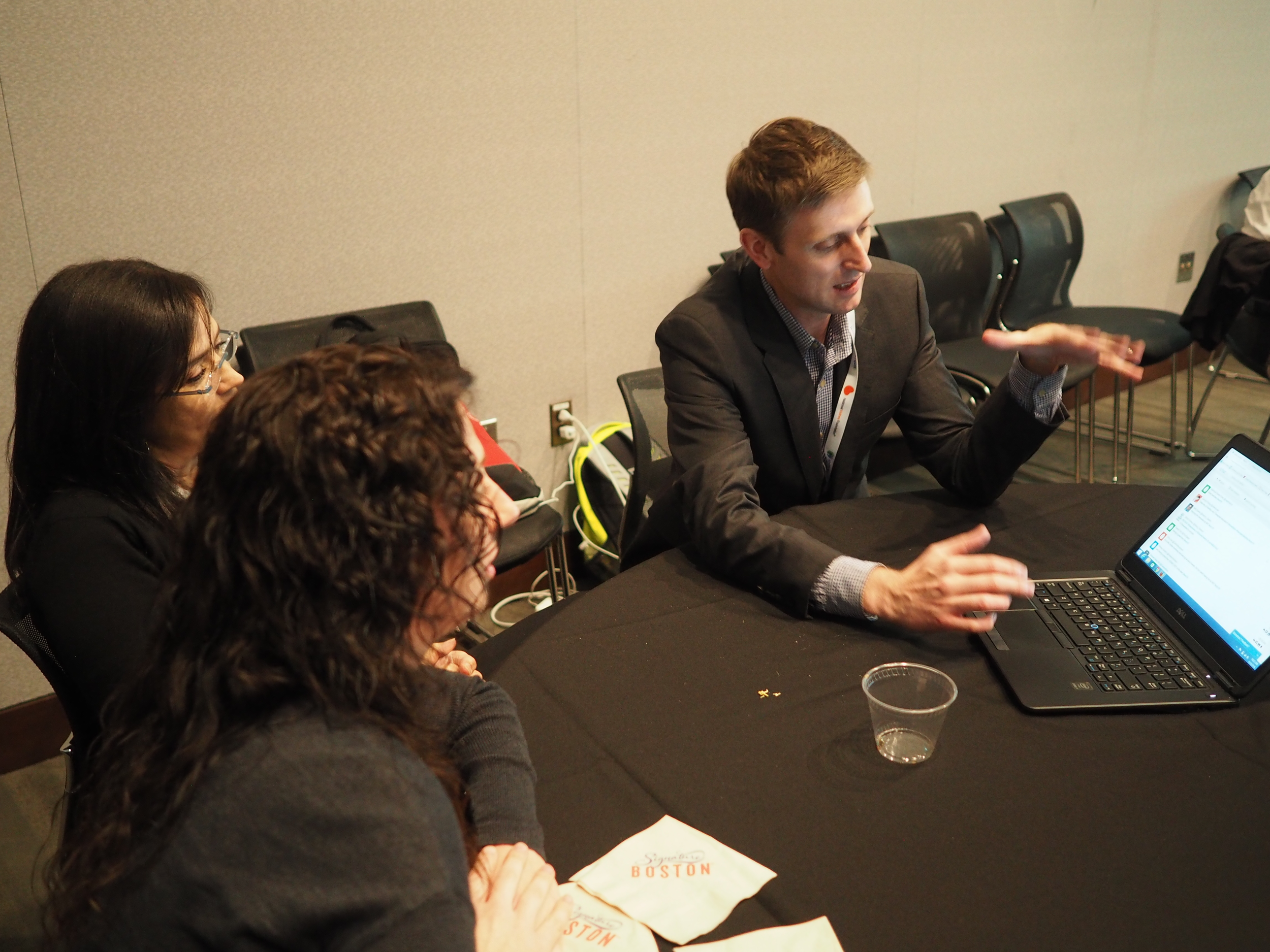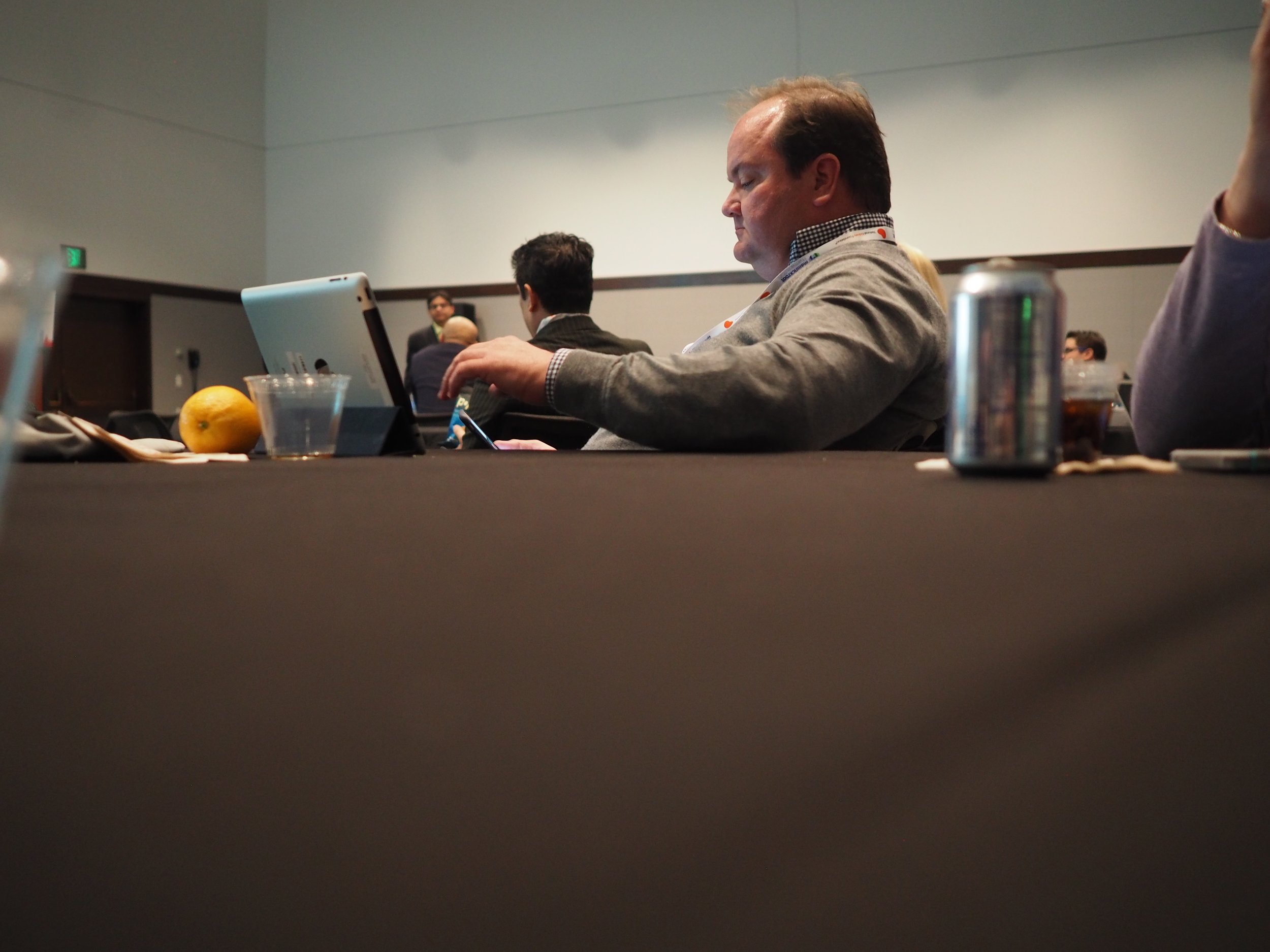Bloggers best the editors of the NEJM.
Avacopan Visual Abstract
19- What Lies Ahead
Chapter 17- Dirty White Boy
Chapter 5- Peanut in a Box of Worms
Coffee is exonerated
Does increased Sodium intake truly cause increased Water intake?
Chapter Twelve: Secure vs. Cure
Lecture on Diabetic Kidney Disease
Additional acetazolamide data
Next NephJC is May 10th and 11th
We will be discussing the DIABOLO trial of acetazolamide to shorten mechanical ventilation. The Tuesday chat will be at 9PM EDT and the Wednesday chat will be at 8PM London, Noon PDT.
The article can be found at the JAMA website or via Pubmed.
Take a look at Joel's summary of the article.
See this summary by The Bottom Line
Coverage by MedPage Today
Acetazolamide for metabolic alkalosis in ventilated patients
Social Media Workshop website now open
Yesterday Matt Sparks, Kenar Jhaveri, and I ran a social media workshop at the NKF Spring Clinical Meeting. We were given the opportunity to do a workshop rather than a few lectures, so we really focused on making the workshop interactive. As such we did not have a slide deck, but rather created a website with all of the content.
The workshop operated by having Matt and I narrate our experience as we navigated the website from introduction through professionalism. The participants created a blog post and tweeted and debated ethical issues in social media. It was an information dense two hours. We thought it went great.
Take a look at the materials here.
The Twitter4Nephrons, disappeared from the primary navigation bar at the top of the site. It can now be found in the about folder.
The NephJC Facebook page
One of the reasons we built a Facebook page was to provide a place to have a discussion around the article that was not as fast paced and conversational as Twitter. I will be posting the topics and some of the interesting points of the discussion to the Facebook page. Let's see if that provides people who cannot make the twitter chat a second place to catch up and comment on the article.
The #AskASN chat on MOC
It is the third rail of Twitter, Maintenance of Certification. But ASN wanted to tackle this head on with a public position and Twitter chat. Take a look at the analytics, storify and transcript.
#NephJC is now part of Altmetrics
Altmetrics is a company that tracks realtime references, reads and mentions of research articles across the web and social media. They give authors and institutions a sense of what research is moving the needle faster and more comprehensively than reference tracking could. The work NephJC does will now be part captured as part of this goal.
When I read the following on their website, I knew that NephJC and Altmetrics were natural partners:
“Scientists are increasingly discussing papers online, but on social media sites, rather than on publisher’s sites. There’s huge value in being able to see what your peers - and people in other fields - have said about an article. Up until now, this has been difficult to achieve.”
Our spotlight just got a little brighter.
#AmyloidosisJC on staging renal involvement in AL amyloidosis
You have a patient with 5 grams of proteinuria and normal renal function. The biopsy lights up with congo red like rudolph's nose
You check the serum free light chains and conclude your patient has AL amyloidosis. The family wants to know will he need dialysis? How long until he does?
¯\_(ツ)_/¯
The patient starts bortezomib and seems to be doing well. How do you know if his kidneys are improving? What do you look at?
¯\_(ツ)_/¯
These are the questions covered intonight's #AmyloidosisJC on:
The amyloidosis nerds did a nice summary at Amyloid Planet.
Hope you can join us for a spirited discussion.
Kidney Week Wrap-up: How will we remember #KidneyWk 2015?
Kidney Week 2015 may be remembered for a number of different social media moments. The Tweet-Up was a raging success and finally broke through to become what Matt and I envisioned at the Denver Kidney Week in 2015. The success of the tweet-up was largely driven by Satellite Healthcare and their invaluable assistance with promotion and logistics. We can’t thank them enough. Additionally Kidney Week 2015 was marked by both a NephJC and NephMadness poster presentation. This Kidney Week, Matt was invited to give a talk on electronic medical education and he crushed it. But the biggest event, the one I hope we remember 2015 for, was the graduation of the first class of interns from the Nephrology Social Media Collective (NSMC).
We had four very different interns and they each had individually unique experiences with the internship:
Scherly Leon is in her last year of nephrology fellowship and is on a mission. She was already the ASN Public Policy Fellow when she started the Social Media internship. She is tuning her Twitter feed to be a carefully crafted curation of nephrology and social justice content. If you aren’t following Scherly (https://twitter.com/SLeonMD), you are doing it wrong. I think everyone is excited to see what she does with her growing skills as a public physician.
Chi Chu was the only intern who was not a nephrologist and we needed to apply more thought on how to make his experience particularly relevant for him. Chi participated in all of the events and his Which nephrotoxic antibiotic are you? was epic. Likewise his DreamRCT entry was equal parts creative and audacious. He will make an awesome nephrologist someday...if we are lucky enough to get him.
Hector Madariaga was a natural for the NSMC internship and did great work from day one. However, by June it was clear that we were under-utilizing him. So we brought him into NephJC in a more formal way. For the last six-months Hector has been NephJC’s chief archivist. He is in charge of creating the Storify’s from every chat. We hope he will continue to be a key member of the NephJC team. Future editor-in-chief?
Nikhil Shah is the intern who least needed the NSMC internship. He was doing great work before the internship and we just hitched our wagon to his shooting star. His SocialKidney project is an essential tool for tracking social media conversations online. His inspirational story on how he got hooked on nephrology was picked up by MedPage today. It will be great to have his creativity on the NSMC team in the future.
There were several more interns in the inaugural class:
The fifth student was us. We learned a lot about what does and does not work in a social media internship. We are going to be better next year. We got lucky by requiring participation in NephJC, that turned out to be an exceptional learning tool. But only because the interns didn’t merely tune in and lurk, but actively participated and engaged in the chats. It was a great (if not accidental) flipped classroom experience.
With the graduation of our inaugural class we are excited to open the application period for the second class of NSMC interns. If you are interested or have questions, feel free to send us an e-mail. If you want to apply for a spot drop us an e-mail and explain:
- Who you are
- Why you want to do the social media internship
- What experience do you already have with social media (Do not be embarrassed to say none. Do not be embarrassed to say you are really good at Facebook quizes)
The due date for the application is January 24. We will make our decisions and start the program on February 1
Send applications to NephrologyJC@gmail.com
Spironolactone primer
Resistant hypertension is an important clinical problem. It is commonly defined as inadequate blood pressure control despite use of three antihypertensive agents of different classes at optimal dosages; one of the three should be an appropriately dosed diuretic. About 10-15% of hypertensive patients have resistant hypertension.
The magical powers of aldosterone antagonists first started to be publicized in the late 90's and in 2003 Calhoun showed a dramatic effect among patients with resistant hypertension:
“A total number of 76 subjects were included in the analysis, 34 of whom had biochemical primary aldosteronism. Low-dose spironolactone was associated with an additional mean decrease in BP of 21 ± 21 over 10 ± 14 mm Hg at 6 weeks and 25 ± 20 over 12 ± 12 mm Hg at 6-month follow-up. The BP reduction was similar in subjects with and without primary aldosteronism and was additive to the use of ACE inhibitors, ARBs, and diuretics.”
This was backed up by additional observational data as part of the ASCOT trial experience. The investigators found dramatic efficacy from modest doses of spironolactone among the 1,411 patients that received spironolactone as a fourth line agent:
“During spironolactone therapy, mean blood pressure fell from 156.9/85.3 mm Hg (SD: ±18.0/11.5 mm Hg) by 21.9/9.5 mm Hg (95% CI: 20.8 to 23.0/9.0 to 10.1 mm Hg; P<0.001); the BP reduction was largely unaffected by age, sex, smoking, and diabetic status. ”
The first randomized, placebo controlled trial in resistant hypertension was published in 2011. The ASPIRANT trial (PDF) showed a more modest, but still clinically significant reduction blood pressure.
An important caution when looking at spironolactone data is that it appears that black patients are more sensitive to increases in aldosterone, so one could predict more modest blood pressure improvements with spironolactone in a European population. See Tu et al. (Full text).
Another critical aspect of resistant hypertension is addressing non-adherence.
“A mass spectrometry urine toxicology screening of antihypertensive drugs reported that 53% of patients with resistant hypertension were non-adherent to treatment. Of these, 70% were incompletely adherent and 30% were completely non-adherent. Reduced adherence was not attributed to a particular antihypertensive class. Another urine analysis study found that 23% of patients referred for renal denervation were completely non- adherent to their prescribed antihypertensive treatment.”
This is why PATHWAY-2's attempt to measure minimize non-adherence is so important.
This week's chat on PATHWAY-2 represents the first randomized controlled trial against an active control group. The fact that aldosterone rises above other fourth line agents to provide meaningful advantages in the treatment of resistant hypertension is important.
We are coming to a new age in hypertension management. On November 9, at 2:00 PM at the AHA meeting in Orlando the SPRINT Trial results will be released. This will almost certainly result in a wave of more aggressive blood pressure control. Almost simultaneously we now have access to the first of the next generation potassium binders, patiromer. This brings the hope of avoiding the most frightening of the side effects from aldosterone antagonists, hyperkalemia. These three seemingly unrelated events are going to be major influences on the treatment of hypertension going forward.
The winners of the #JAMAcup
At every #NephJC chat I find myself delighted with the bits of Twitter wisdom that get funneled through the hashtag. We are going to try to do a better job of rewarding the best of these. Some of these awards will even have prizes. This week we are delighted to announce winners of a great looking JAMA coffee mug, named the JAMAcup in this pre-chat banter:
The winner of the #JAMAcup for the Tuesday night chat is Azra Bihorac (@AzraBihorac) who wrote this gem:
We would also like to give honorable mention (but no mug) to Mike Walsh (@lastwalsh) who was the first to alert us to the negative results for RIPC in other large trials:
The Wednesday chat was great and picking a winner was difficult but we selected this dejavu all over again tweet by Graham Abra (@GrahamAbra):
Honorable mention to Michael Hultström (@mhulstrom) for this:
A hearty thanks to JAMA. We love working with them and appreciate their support of post-publication peer review.


